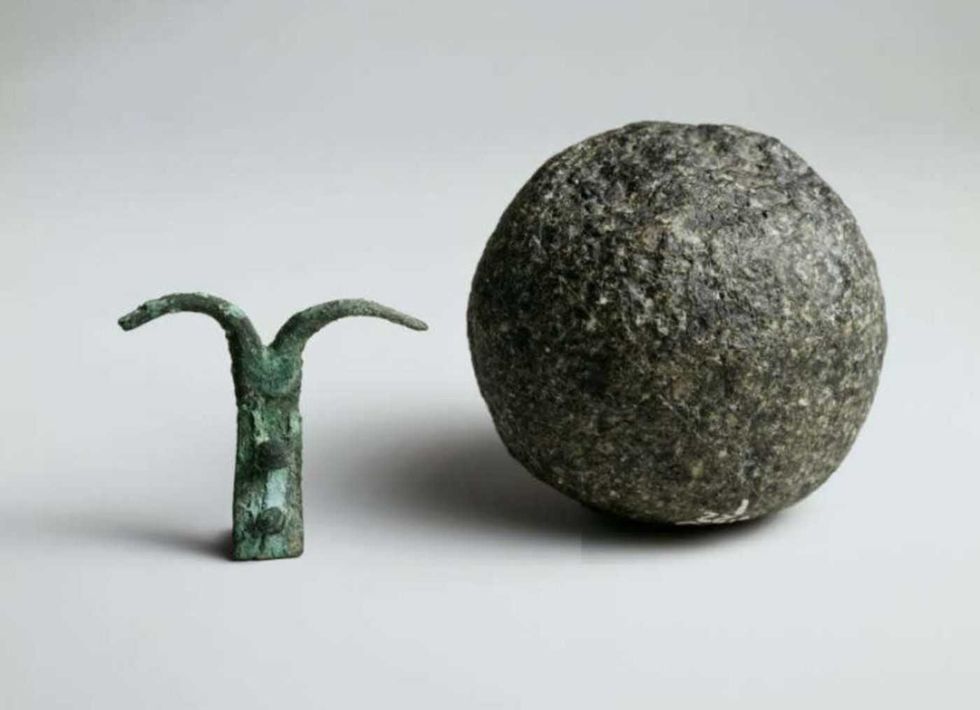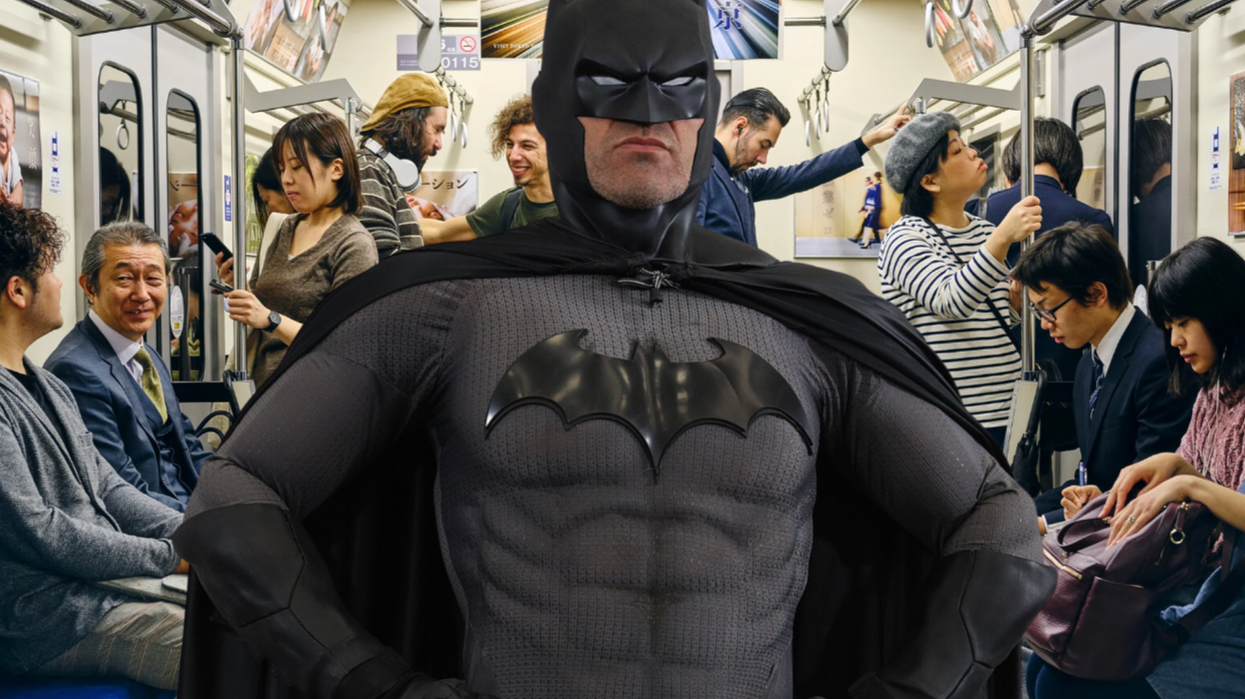NFL owners just voted to fine people of color for protesting injustice against people of color.
The ruling was decided by a group of wealthy white owners and imposed on a league that is nearly 70% black. If the NFL wanted to stop the controversy surrounding on-field social justice protests, this decision will only bring more attention to the issue.
On May 23, the NFL announced the new ruling, which states:
“All team and league personnel on the field shall stand and show respect for the flag and the Anthem. The Game Operations Manual will be revised to remove the requirement that all players be on the field for the Anthem. Personnel who choose not to stand for the Anthem may stay in the locker room or in a similar location off the field until after the Anthem has been performed.”
In addition, teams can be fined for any personnel who “do not show proper respect for the flag and Anthem.”
According to NFL Commissioner Roger Goodell, the ruling was to reverse the incorrect perceptions that the league and its players are unpatriotic while keeping the focus on the game:
“The policy adopted today was approved in concert with the NFL’s ongoing commitment to local communities and our country — one that is extraordinary in its scope, resources, and alignment with our players. We are dedicated to continuing our collaboration with players to advance the goals of justice and fairness in all corners of our society. The efforts by many of our players sparked awareness and action around issues of social justice that must be addressed. The platform that we have created together is certainly unique in professional sports and quite likely in American business. We are honored to work with our players to drive progress. It was unfortunate that on-field protests created a false perception among many that thousands of NFL players were unpatriotic. This is not and was never the case. This season, all league and team personnel shall stand and show respect for the flag and the Anthem. Personnel who choose not to stand for the Anthem may stay in the locker room until after the Anthem has been performed. We believe today’s decision will keep our focus on the game and the extraordinary athletes who play it — and on our fans who enjoy it.”
However, the NFL Players Association believes player protests are a sign of patriotism and vows to fight the decision:
The NFL chose to not consult the union in the development of this new ‘policy.’ NFL players have shown their patriotism through their social activism, their community service, in support of our military and law enforcement and yes, through their protests to raise awareness about the issues they care about.
The vote by NFL club CEOs today contradicts the statements made to our player leadership by Commissioner Roger Goodell and the Chairman of the NFL’s Management Council John Mara about the principles, values and patriotism of our League.
Our union will review the new ‘policy’ and challenge any aspect of it that is inconsistent with the collective bargaining agreement.
If the league thought that player protests would magically go away by hiding them in locker rooms, it’s dead wrong. The media and the public will now shift their attention from who’s kneeling peacefully to who’s protesting in the locker room.
Plus, players who stand on the sidelines will still find ways to protest.
I wonder what happens if the NFL players figure out a way to protest while standing up. pic.twitter.com/tXLZisJ5qO
— Neuro Polarbear (@NeuroPolarbear) May 23, 2018
The ruling supports the right-wing, authoritarian narrative that suggests player protests are somehow unpatriotic or anti-military, even though numerous players who protested have publicly stated their support for the military and the belief that protesting injustice is actually a display of patriotism.
In banning protests during the anthem, the league also sided with President Trump over its own players. At a September 2017 rally in Alabama, the president referred to a protesting player as a “son of a bitch.”
President Trump has denied being "preoccupied with the NFL." But that's not what these star athletes think. pic.twitter.com/jSBTWdUwsf
— AJ+ (@ajplus) September 26, 2017
The immediate reaction to the NFL’s decision has been resoundingly negative on Twitter:
We live in day and age where two world class athletes have been effectively banned from the NFL over a peaceful demonstration.
— Shaun King (@ShaunKing) May 23, 2018
It's hard to know the time in history that you are living in when you are in it, but we are living in a truly disturbing time. https://t.co/FIZadIOtci
The NFL players’ protests have never been about the military or the flag. They’re about police brutality and white supremacy. Failing to protest injustice in America is not patriotic, it’s dangerous. #TakeAKnee
— ACLU (@ACLU) May 23, 2018
The NFL is 80% black. Imagine if they all sat out a Sunday or two...
— Travon Free (@Travon) May 23, 2018
The NFL Owners: We want this protest conversation thing to die off and focus on football.
— Benjamin Allbright (@AllbrightNFL) May 23, 2018
The NFL Owners, as intellectuals: I wonder what happens if we pour kerosene on these smoldering embers...
Beat your wife, drive drunk, rape a woman, hit your kid with a stick and you get a multi-million dollar contract, take a knee and the NFL will take a stand! #TakeAKnee
— donaldtrumpnewstoday (@irishrygirl) May 23, 2018
BLACK players: you make up over 70% of the @NFL. Please band together, revolt, resist,
— Such (@such) May 23, 2018
and fight this racist assault on free speech and democracy.
BLACK people: this is what it looks like when white men think they own our lives for their entertainment. Boycott the NFL. https://t.co/iYEvrpbPsm
By the way, the NFL can shove it’s compulsory patriotism up its red, white and blue ass! Count me out as a fan!
— Senator Blutarsky (@senjbblutarsky) May 23, 2018
The NFL is Top 10 at making an issue 100 times worse than it would be if they just left it alone
— lindsey ok (@lindseyyok) May 23, 2018
As someone that served in the military, I am disgusted with the @NFL rule that just came out. I proudly served so that people have the right to protest, especially when it was a peaceful protest. #1stAmendment pic.twitter.com/ie2XZp2Yxf
— Benny (@BennyDNielsen) May 23, 2018
After the anthem they should play the video of Eric Garner being choked to death for selling a loose cigarette and all the NFL owners should have to stand for it.
— Guy Endore-Kaiser (@GuyEndoreKaiser) May 23, 2018
The NFL is giving a master class in institutionalized racism! Their collusion against Colin Kaepernick (@Kaepernick7) & Eric Reid (@E_Reid35); their new fines for kneeling... The @NFL does not care about BLACK People! #NFL #NFLCollusion #NFLBoycott #ColinKaepernick #EricReid
— Jawn Murray (@JawnMurray) May 23, 2018
At this point, and frankly many before this, you can’t call yourself a progressive and support the @NFL.
— Jarrett Hill (@JarrettHill) May 23, 2018
Not if you support women. Black people. The constitution. The poor. Our cities...
You just can’t.
The NFL wants to punish black people who protest the unfair punishment of black people. https://t.co/kXcYdk7tS9
— Dominic Holden (@dominicholden) May 23, 2018
The United States is a patriotic and religious country that (rightly!) loves its damn sports, especially football, baseball, and basketball. Enforcing that love through coerced rituals and Pentagon product placements is not a projection of strength; it's an expression of weakness
— Matt Welch (@MattWelch) May 23, 2018
Saying "How high?" when a president says "Jump!" is behavior suitable for a royal subject, not an American citizen. Rewarding politicians for playing fan bases off of one another—unless it's Sox–Yankees, in which case Iran-Iraq rules apply—isn't cheeky-clever, it's creepy-vulgar
— Matt Welch (@MattWelch) May 23, 2018



















 Pyramid of Khufu
Pyramid of Khufu A spherical dolerite pounder.
A spherical dolerite pounder. Abeer Eladany holds open the box of splinters
Abeer Eladany holds open the box of splinters The box that the missing piece of cedar was discovered
The box that the missing piece of cedar was discovered The wooden fragments dated to around 3341-3094 BC
The wooden fragments dated to around 3341-3094 BC
 Friends helping one another cross a creek.Photo credit
Friends helping one another cross a creek.Photo credit  A group of young people. Photo credit
A group of young people. Photo credit  Studies suggest empathy builds connection.Photo credit
Studies suggest empathy builds connection.Photo credit  People consoling a friend.Photo credit
People consoling a friend.Photo credit 


